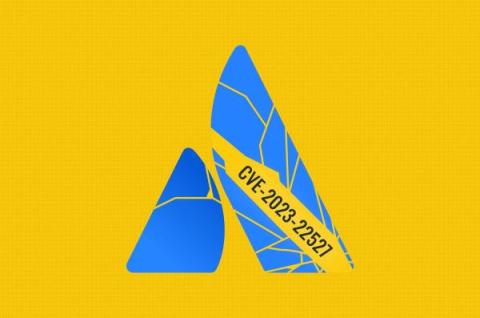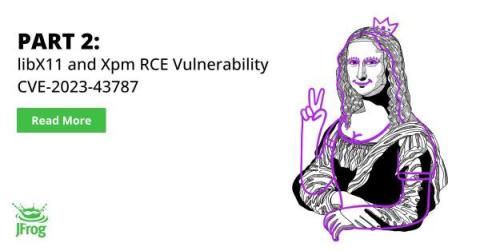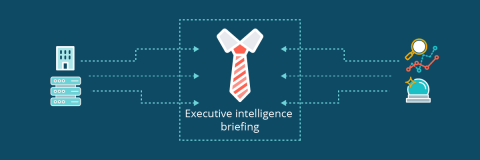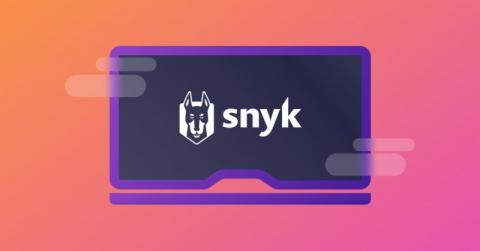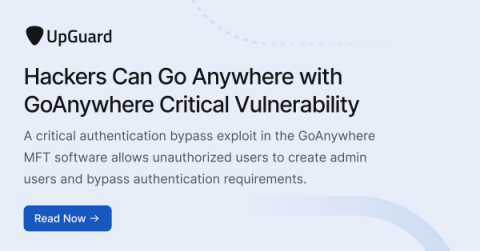6 Behaviors that Hinder Vulnerability Management Maturity
I’ll be honest – the last time someone asked me to assess my behavior was in therapy. Difficult? Yes. Who likes to audit themselves? But that process taught me something valuable: evaluating ourselves, even when uncomfortable, propels us forward. In my many conversations with security professionals, one common theme emerges. We need continuous progress forward as security organizations for the business.




